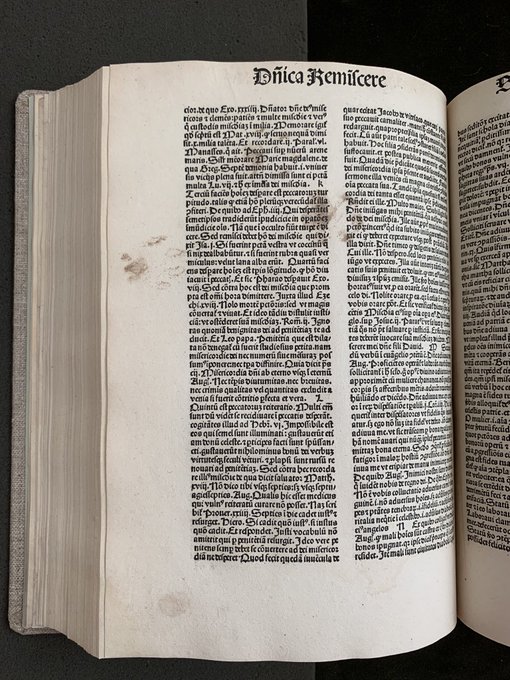is a topic fraught with danger. I should not even attempt to comment on it here but I will.
I am going to because the media appears to believe that there are some things which are essential to report in the stories they tell but others are not.
There was recently an horrific home invasion in another state. A woman was allegedly stabbed to death by young offenders living in a nearby group house. The mainstream media did not report the fact that the alleged offenders were out on bail at the time or that they come from a group which often claims to be the victims of "racism". It was left to social media to do this and, with it, came a lot of the sort of comments which stir up racist behaviour.
A question for you, if the alleged offenders had gone to a "prestigious private school" do you think the media would have been silent on the issue? Would there have been "quotes" from the principal of the school? Would "neighbours" or "friends" have been interviewed? Of course they would. It would be too good a story to miss. Does the media show a bias in such matters? Of course it does.
Yes, there are disproportionate number of people who identify as "aboriginal" in custody. I am sure there are still many people believe that all these are offenders who are instantly recognisable as just that. They believe they have dark skin, live in remote communities and lack both education and opportunities. The reality is different. It would be hard to recognise some of those who identify as aboriginal as being that. They are urban dwellers who have failed to complete their education, an education they have the same right to as anyone else. There are young people from the very same poor backgrounds who do complete school, who do go on to get further education and steady employment. We don't hear enough about them because the media does not consider them newsworthy. Their racial background would never be mentioned.
The media and others would also have us believe that far more aboriginals who are incarcerated are likely to die in custody than others who are incarcerated. The actual statistics say otherwise. The rate is almost identical to the rest of the prison population.
Despite that we had a Royal Commission into aboriginal deaths in custody. Any time a death occurs much is made of it in the papers. There is talk of "racism" and how dreadful it is. Yes, let's get this right. People do die in custody. Nobody should die in custody through suicide or lack of medical care. That is absolutely wrong. At the same time the death of someone while playing basketball in custody is not an issue of race but it is reported and made out to be one. People are in custody because they have broken the law but little is said about why they are there. Instead we are told they are there because they are "aboriginal" and that, somehow, this is the fault of the way they have been treated for so long. My friend M... would dare to differ. He knows they are a target but he also knows they make themselves a target. The Royal Commission focussed on the wrong things. It should have been focussing on school attendance and other like matters.
Yesterday there were media reports, including a video clip, of an angry young woman abusing the staff at a fast food outlet. She was eventually arrested but not before causing considerable trauma among the young staff. Although it is obvious from the video the fact that she is clearly not Anglo-Celtic is not even mentioned. That's fine with me - as long as the same is done every time there is any similar incident. Had she done a good deed then her heritage would almost certainly have been mentioned.
If the son or daughter of a prominent person breaks the law then you can be almost certain that it is going to be reported. Even the most minor of infractions is likely to be reported. "X.... was caught speeding, doing 41km an hour in a 35km hour zone". Yes, it happens. No, they should not have done it. In almost any other case there might be a fine and demerit points but simply being someone's child is enough to add a further punishment. Do they "get away with it" when others don't? No, the reality is that they are likely to be made an example of instead.
Some responsible reporting without any mention of race but also without any mention of where someone went to school or who their parents are might reduce the amount of "racist" comment in the community as a whole. It is the sort of gossip we could do without.



